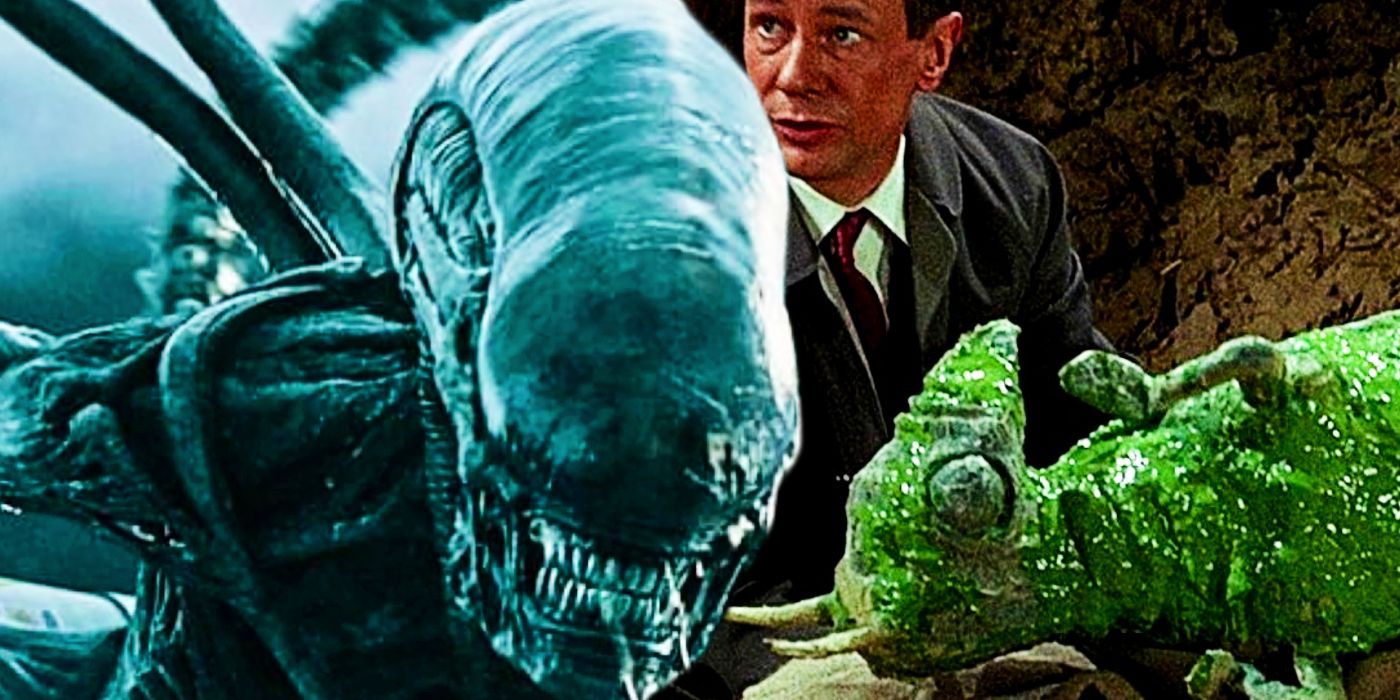
While a lot of Alien viewers may never have heard of The Quatermass Experiment or its sequel Quatermass and the Pit, both iconic sci-fi serials secretly inspired the franchise's biggest twist, revealed in the prequel Prometheus. The Alien movies pulled inspiration from all manner of sources. An obscure 50s sci-fi horror inspired Alien’s story of a killer extraterrestrial stowaway, while HR Giger’s unsettling illustrations famously led Ridley Scott to hire the artist to work on the 1979 movie.
However, the iconic British TV serial The Quatermass Experiment and its sequel Quatermass and the Pit could be two of the biggest unheralded influences on the franchise. Originally airing in 1953, The Quatermass Experiment was a hugely popular TV serial that contributed to the history of episodic television. Its pilot episode reached over 3 million viewers, while its closing chapter was seen by over 5 million.
This increase in viewership gave executives at BBC the confidence to invest in episodic television serials, rehabbing the landscape of narrative television storytelling in the process. However, the familiar plot of The Quatermass Experiment proves that this format wasn’t all that the sci-fi show inspired. Everything from 1999's The Astronaut’s Wife to Alien, to the 2017 sci-fi horror Life, to the video nasty Xtro, to the MST3K classic The Incredible Melting Man was influenced by the show’s story of an astronaut returning to earth unaware that he brought back an extraterrestrial that was ready to wreak havoc on the planet. Not only that, but a closer look at the plot of The Quatermass Experiment’s sequel, Quatermass and the Pit, proves that the serial was a particularly big influence on one pivotal twist in director Ridley Scott’s later sci-fi blockbuster, the Alien prequel Prometheus.
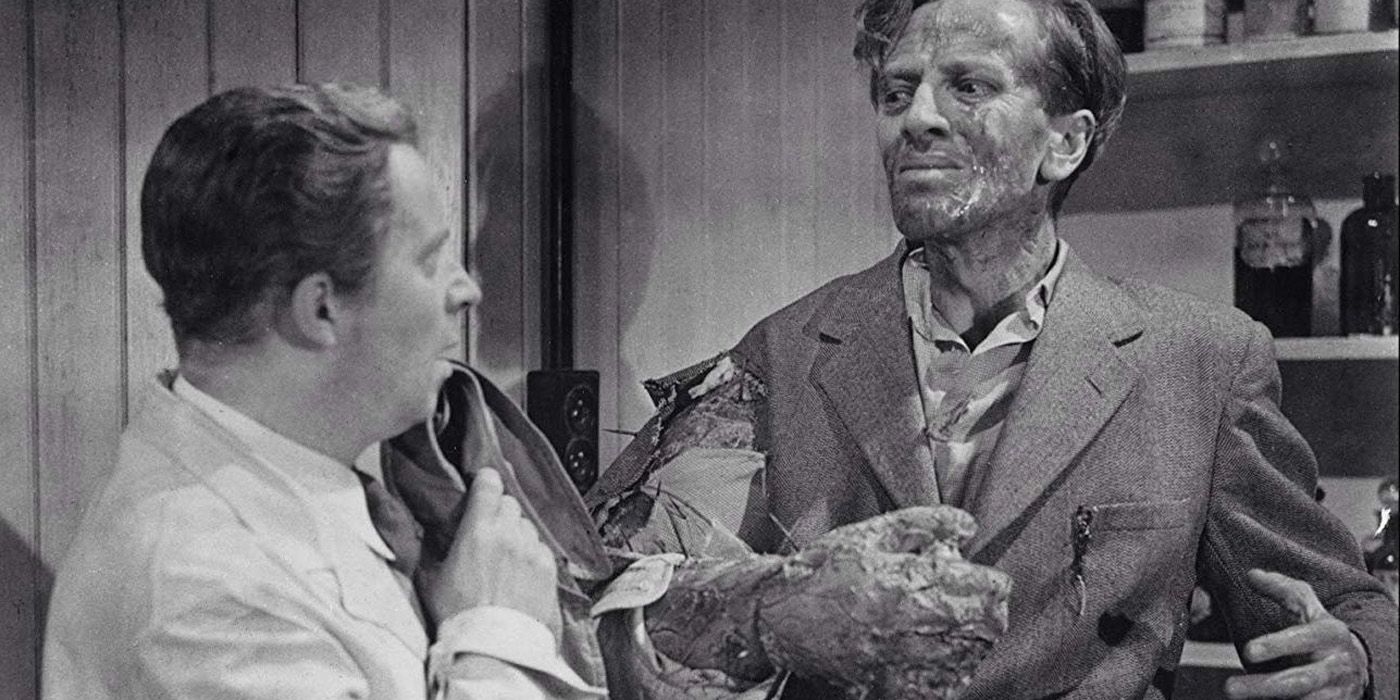
An innovative TV serial, The Quatermass Experiment was originally a six-episode sci-fi series that ran on the BBC in 1953. The show followed the story of an astronaut who accidentally brought something deadly home to earth after his travels. Like poor John Hurt in 1979’s hit sci-fi horror Alien, the astronaut doesn’t know he is harboring an alien stowaway until it is too late and, like that later, R-rated sci-fi horror, the heroes of The Quatermass Experiment must act fast to ensure that the alien doesn’t escape containment and run rampage on earth. However, this superficial similarity to the plot of Alien is not the most notable connection between Quatermass franchise creator Nigel Kneale’s output and Scott’s series. The Quatermass Experiment’s success spawned two sequels. The first of these, Quatermass II, centered around a shady corporation taking over a small town, while the second, Quatermass and the Pit, bore a striking resemblance to a later addition to the Alien mythos.
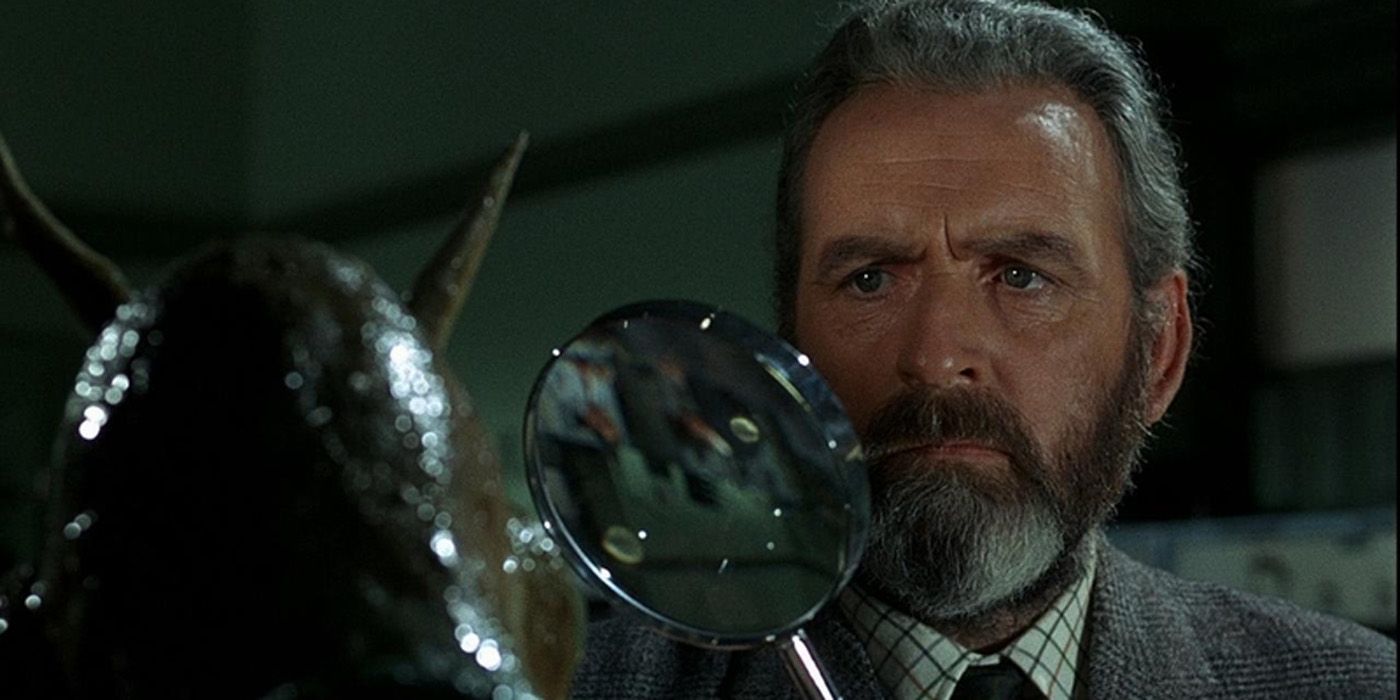
The corporation that appears in Quatermass II resembles Alien's shady Weyland Yutani, while the original serial’s story is essentially a less self-contained, more expansive take on the Nostromo’s infamous stowaway. In The Quatermass Experiment, the alien has already reached earth alive and the main fear driving the plot of the serial is that it will escape containment and cause further chaos worldwide. In the more claustrophobic Alien, the Xenomorph never makes it off the spaceship thanks to quick thinking by the fast-dwindling crew members, and it would not be until 2007’s critically maligned Alien Vs Predator: Requiem that the beasts arrived on earth. However, it was the third movie, Quatermass and the Pit, that truly influenced the Alien franchise, with the serial containing a twist that went on to shape the story of Prometheus decades later.
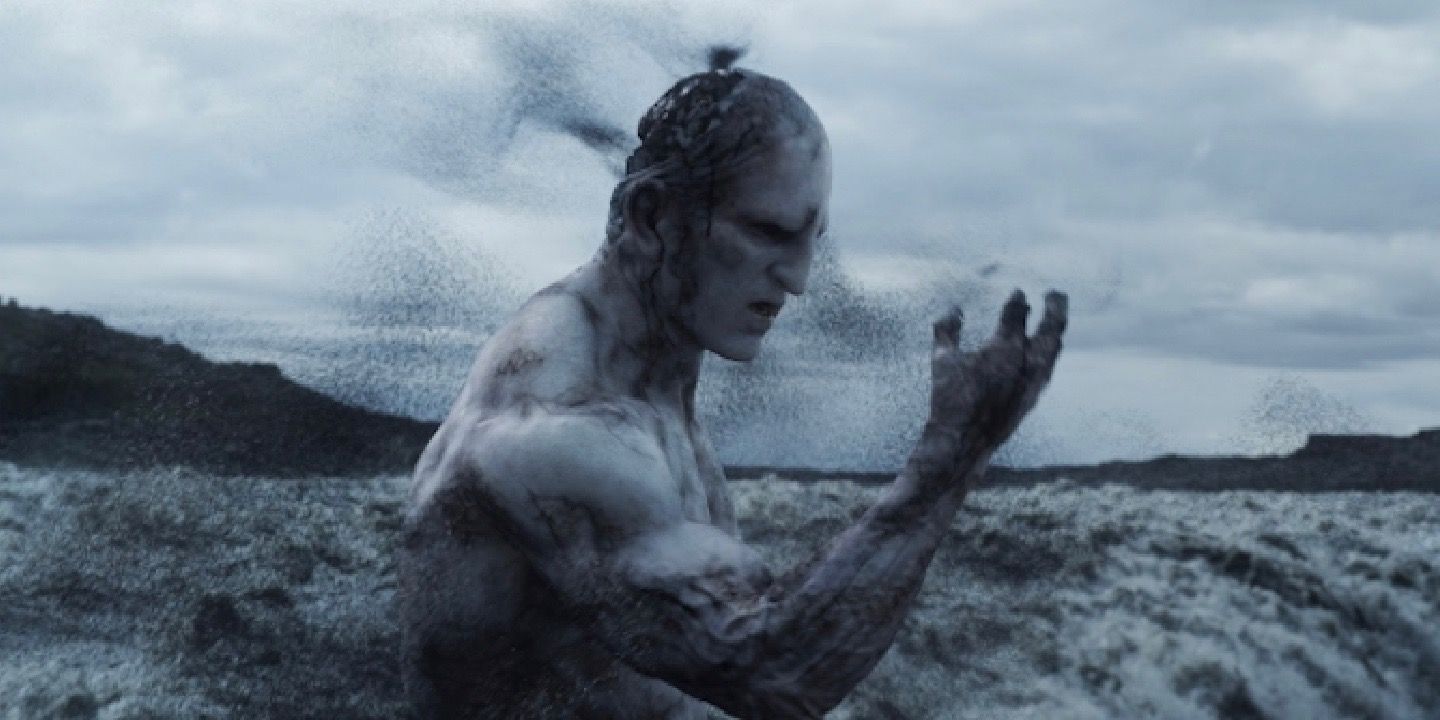
The most intriguing character in Prometheus, the villainous android David, goes against his human masters when he realizes that he doesn’t owe them servitude solely because they created him in their image. His revelation is loaded with a lot of religious portents but Prometheus makes its existential implications more complicated when the prequel explains the origins of Alien’s mysterious Space Jockey. Prometheus’s cryptic prologue reveals that the Space Jockey is one of the aptly-named Engineers, an alien race who were responsible for humanity’s existence well before the Nostromo ever came across its Xenomorph. However, that is not the first time that a sci-fi horror story attempted this revelation. Quatermass and the Pit reveals, via an archeological dig finding a Martian spacecraft underneath London, that the Martians existed on earth before humans, and the human population is arguably the alien invader rather than the other way around.
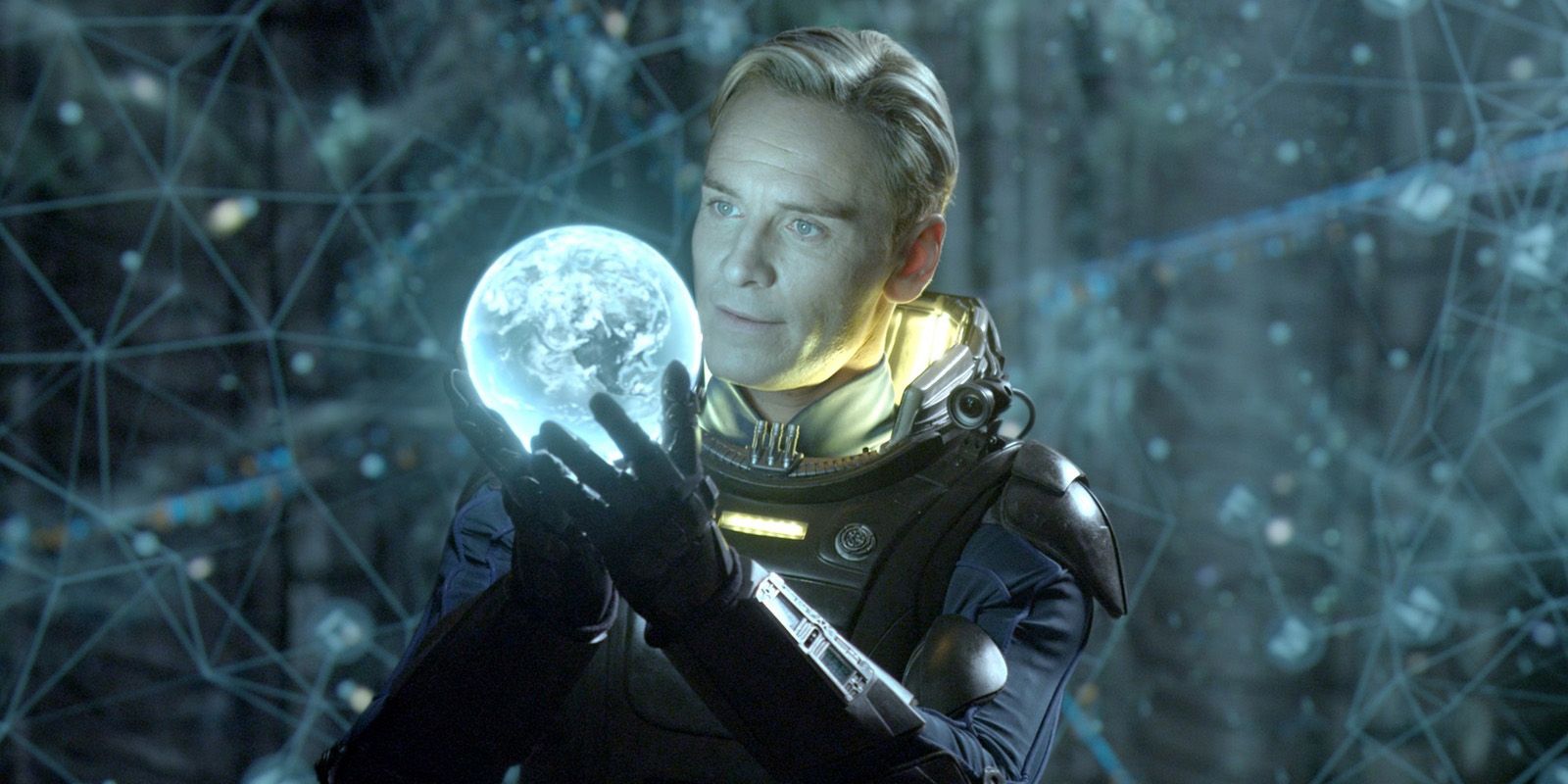
The upcoming Predator prequel Prey attempts to decolonize the world of sci-fi horror by depicting indigenous people battling the infamous Predator before America was first invaded. However, before Prey or Prometheus asked viewers to consider colonization through the lens of science fiction, Quatermass and the Pit offered a story wherein humans discover to their dismay that they are the invading force who terraformed a planet that once belonged to another species. The fear driving the plot of Quatermass and the Pit is that, given enough time, the Martians will use the powerful psychic influence of their unearthed ship to force humanity to give back the planet. However, this leads to the discomfiting question of whether the Martians are in the wrong, or whether humanity is simply another invasive species from their perspective.
The original Alien’s satirical skewering of arms companies depicted Weyland-Yutani as an uncaring set of corporate overlords who were willing to let their own employees die to gain access to the Xenomorph, a powerful potential bioweapon. Prometheus’s twist took this a step further, with the revelation that the Engineers created both humans and Xenomorphs implying that humanity was as savage and lethal as those unthinking killing machines. In Quatermass and the Pit, the serial’s twist forces the viewer to contend with this idea, asking whether the Martians who abducted early humans were any different from the humans who colonized other countries, stole land and resources, and killed locals without consequence. While Alien confronted viewers with the idea that arms manufacturers were bigger monsters than literal space beasts, its prequel Prometheus twisted this further by showing that humans were the invading aliens once, an idea pioneered by the innovative serial Quatermass and the Pit.
from ScreenRant - Feed https://ift.tt/N9zv13k
